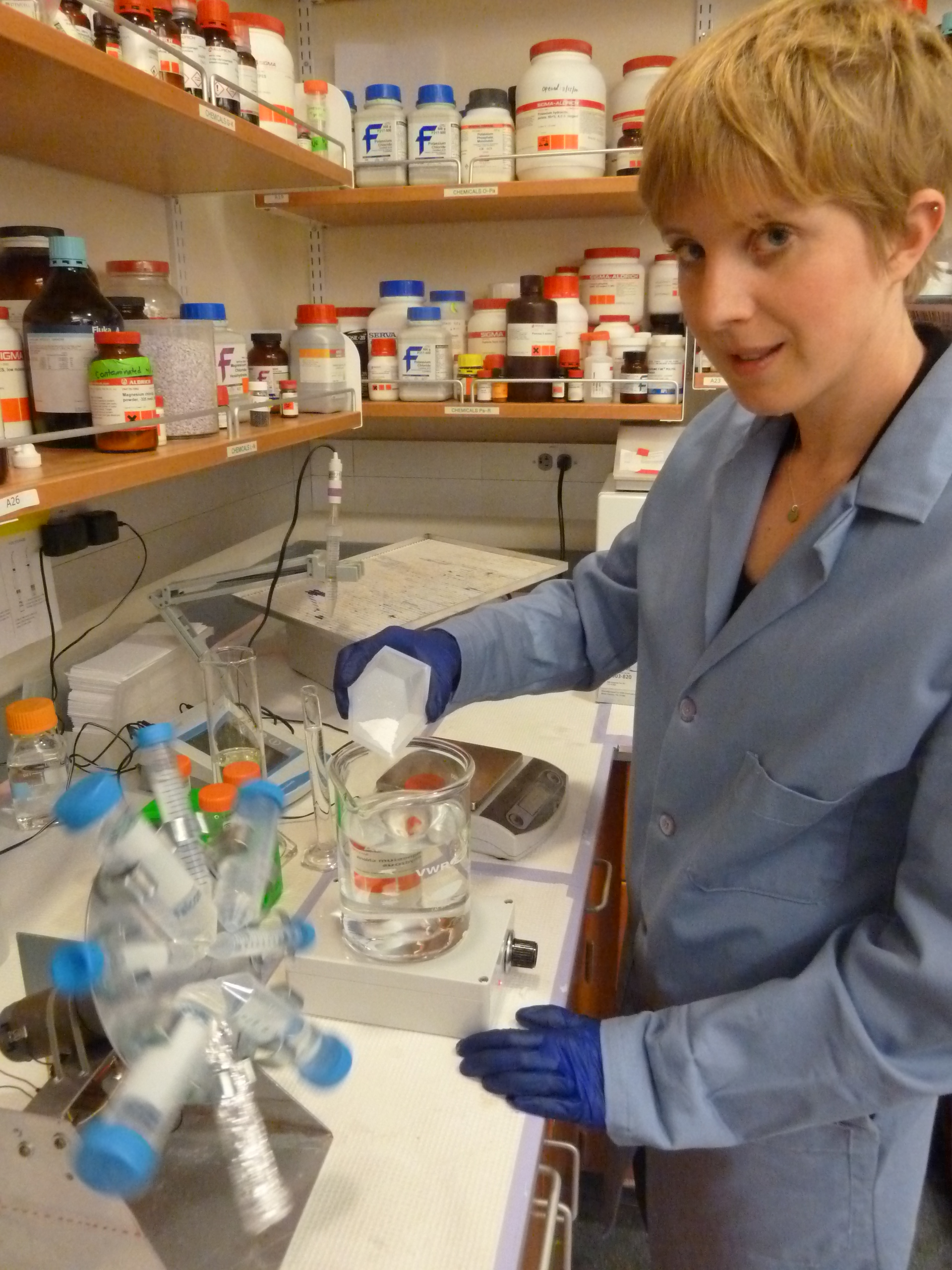
What motivated you to start Tekla Labs?
After I finished my PhD, I traveled for a year across Asia and South America on a Bonderman Travel Fellowship, designed to allow recipients “to come to know the world in new ways.” It worked. While traveling, I visited different science labs. Some had very limited resources, which got me thinking about globally open access to physical tools and infrastructure. I see this as the new horizon for democratizing science, beyond open data and open knowledge movements (such as open access science journals).
Furthermore, as a scientist, I am deeply motivated by enabling hands-on science teaching. To this end, Tekla Labs is beginning to work on collaborative projects with U.S. colleges and schools.
What are some of the most important opportunities to lower the cost of equipment for biological research?
The equipment needed to prepare samples, even for cutting edge experiments, is much more low-tech than many people realize. I sometimes call these workhorse tools the ‘shake-stir-heat-cool equipment,’ as the key functions behind them are often fairly simple. These are the bench top centrifuges, magnetic stirrers, incubators, water baths, hot plates and sample rotators that are found in nearly all biology research labs. There is a major opportunity for DIY savings here. Most of this equipment has already been built DIY in many labs at costs as little as 1/10 of the commercial equivalent. This is a huge savings, particularly if you think about teaching labs where whole classes currently often share one water bath or a few stirrers, greatly holding back what can be done and how engaged students will be. The challenge is now to facilitate easy replication of these DIY designs more broadly.
What is the “Build My Lab” competition?
Tekla Labs is excited to be collaborating with Instructables to challenge research scientists and engineers, makers and DIY enthusiasts, and mechanical and electrical designers to share their best do-it-yourself lab equipment designs. By contributing, people can be a part of the movement to democratize science and also have a chance to win an array of great prizes that are at the core of any design shop, such as 3D printers and a mini-mill.
What kind of help would be most useful from researchers, companies, and other stakeholders?
We want to grow our network of people and groups who contribute equipment designs. Support for expanded designing and testing new and more sophisticated equipment would also be a game-changer.
We also know that essentially all standard workhorse lab equipment can and has been built non-commercially, using off-the-shelf parts. The challenge is instead to share these designs in easy-to-follow steps, yet with rigorous quality control, so that they can be leveraged by researchers more broadly. New intuitive and open online platforms for sharing and evaluating instructions would be incredibly helpful not just to Tekla Labs but to many other open sharing initiatives.
Finally, we’d also love to see an ‘IKEA for lab equipment’ that sold unassembled equipment kits. This would greatly help reduce costs while also lowering the entry barrier to building equipment in-house.
If more people and organizations got behind your effort to democratize research, how would the word be different in 5-10 years?
A large movement would allow students in colleges and K-12 schools to participate in real hands-on experimentation. This is important for fostering the next generation of problem-solvers.
Scientist and engineers everywhere, not just those at select institutions, would be able to do research experiments to help solve both locally-focused and globally-spanning challenges. Our success will be when the next new breakthrough malaria treatment comes from a young scientist in Nigeria, and the next-generation flu-epidemic detection systems are from a biotechnology undergraduate class in California. Great ideas are everywhere, and we need to ensure that the opportunity to act on them is as well. Breakthroughs in medicine and biology must be harnessed from a truly global scientific community.
Tom Kalil is Deputy Director for Technology and Innovation at OSTP


